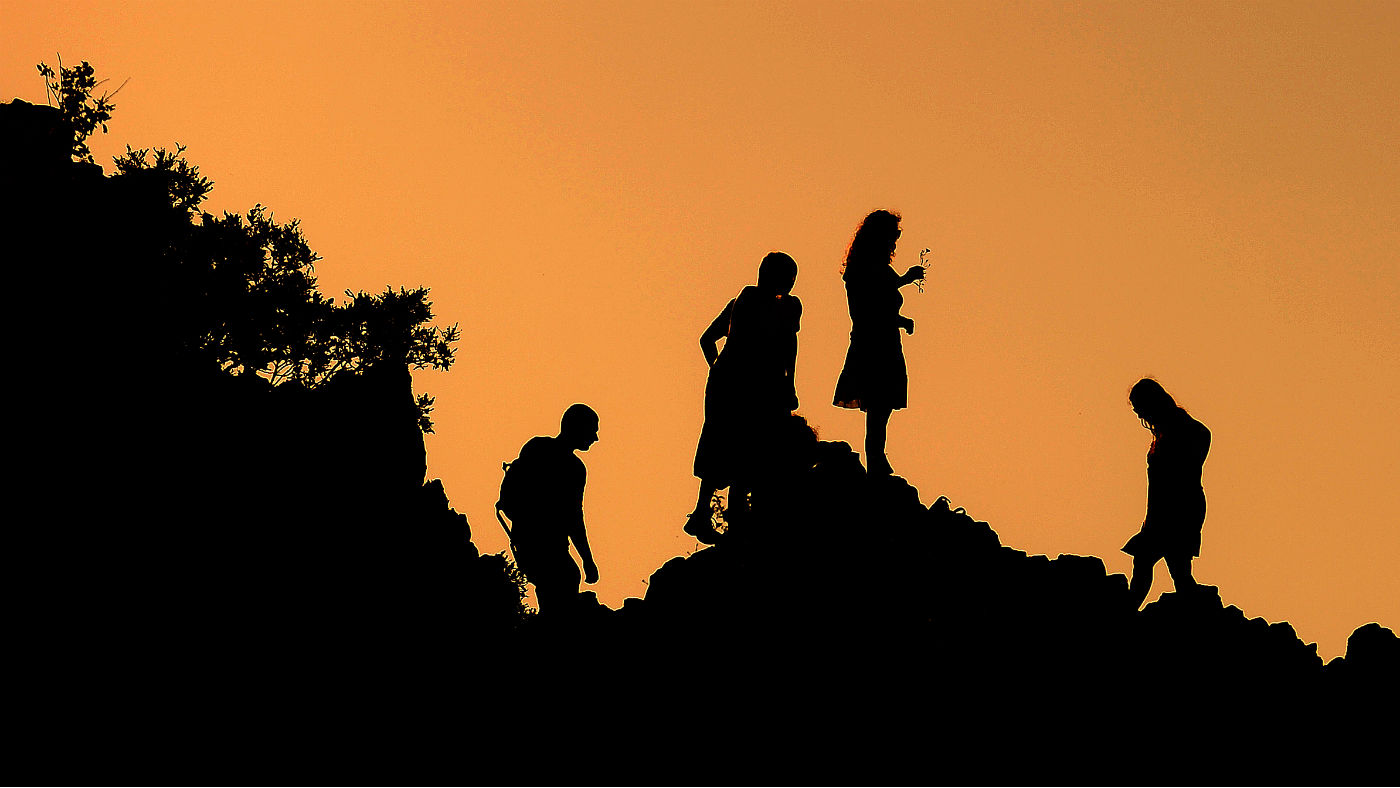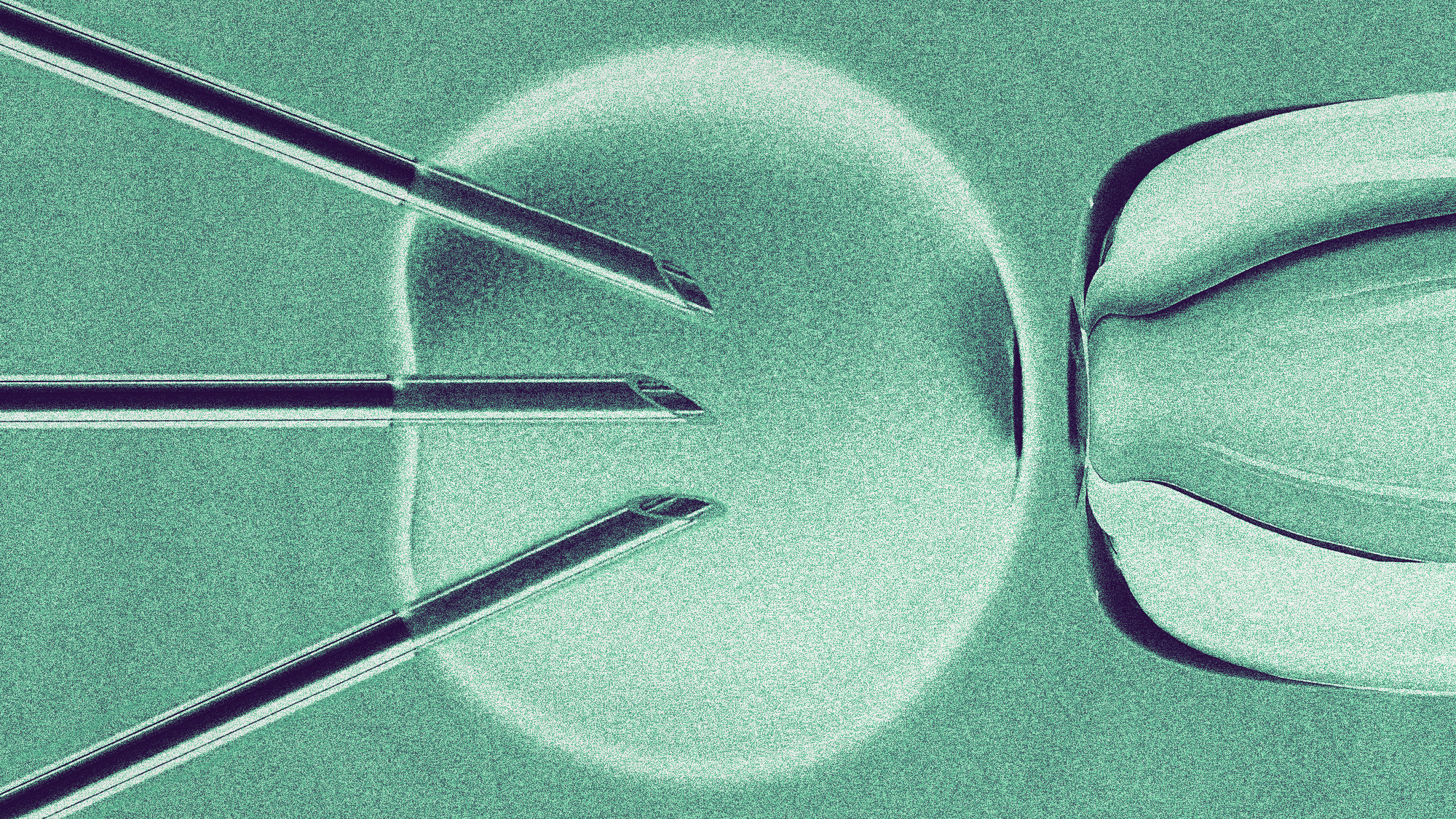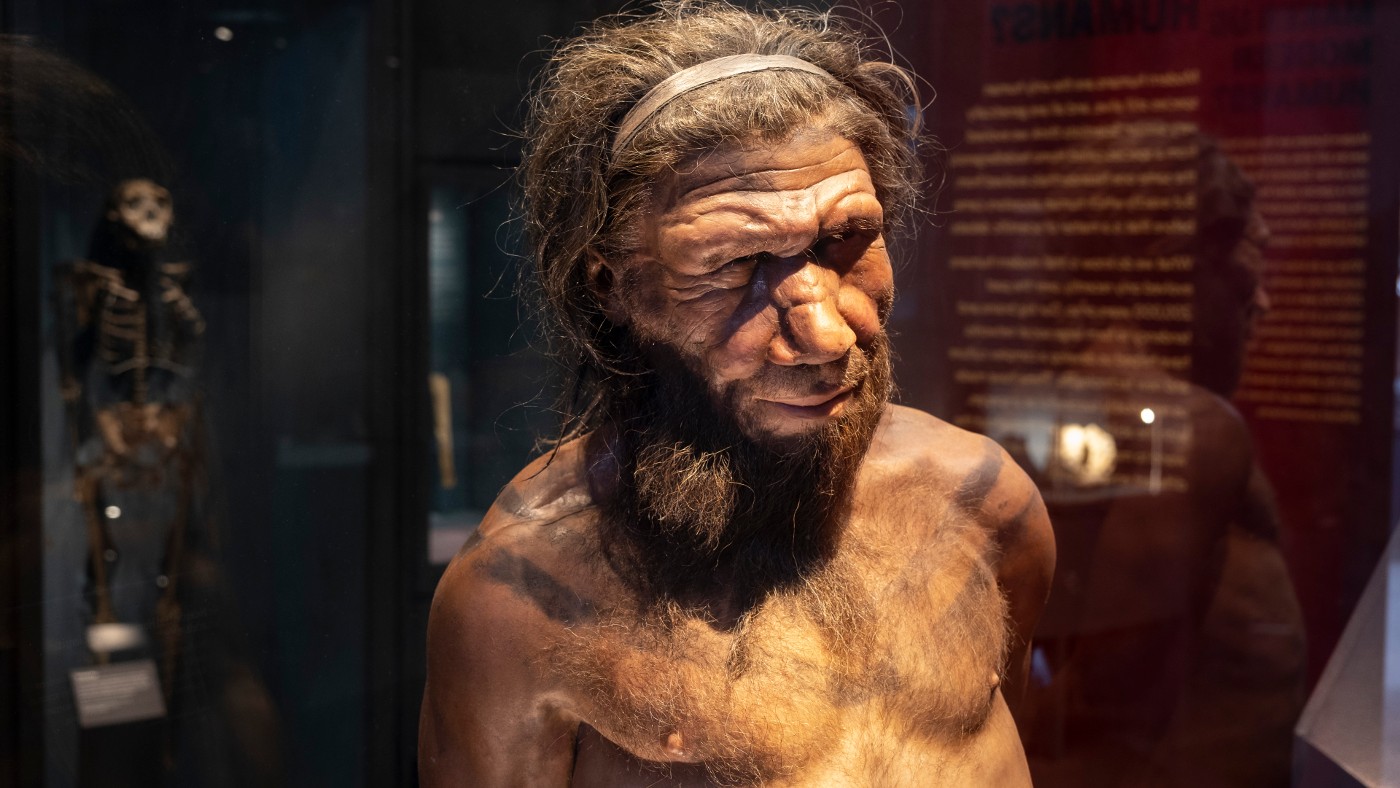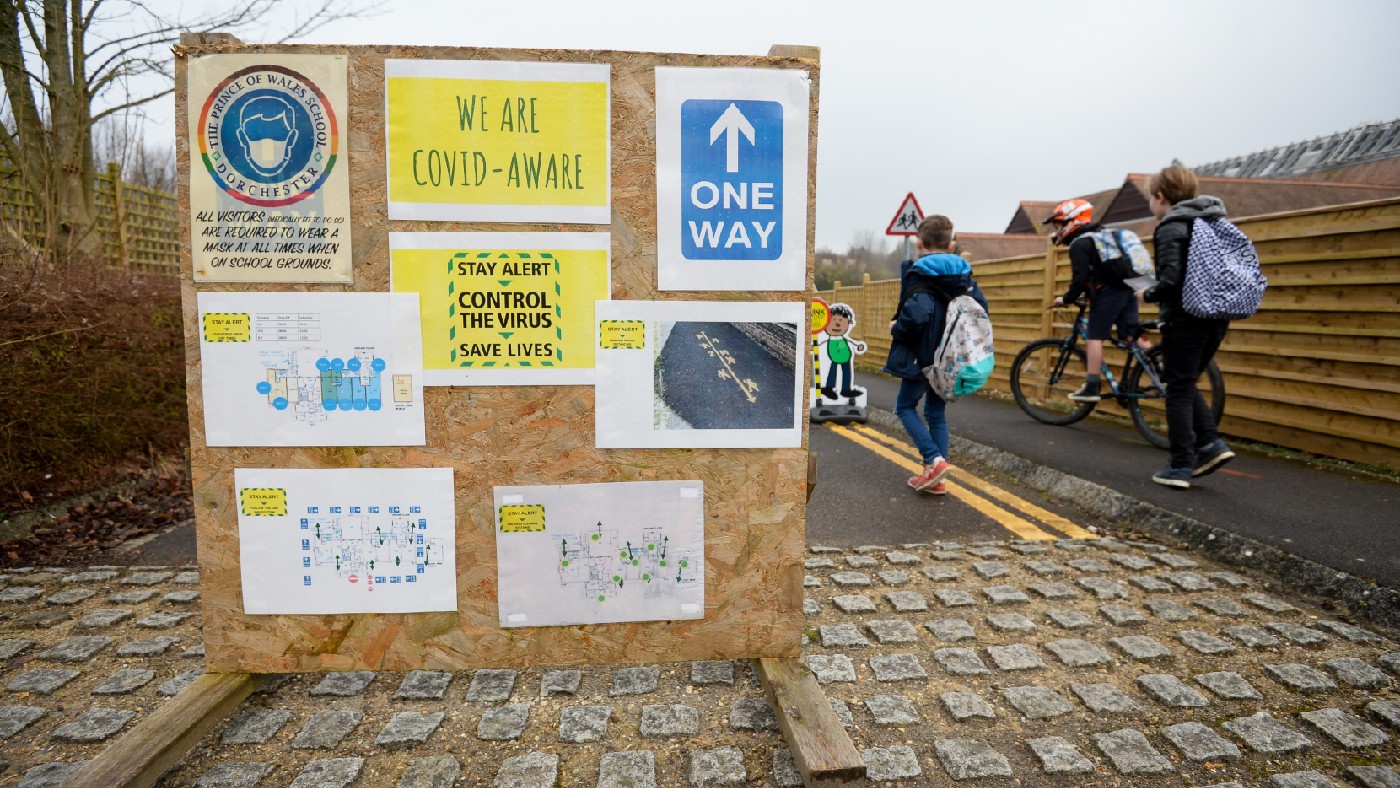First human colonisation of North America uncovered
DNA proves humans travelled from Asia to Alaska 10,000 years earlier than previously thought

A free daily email with the biggest news stories of the day – and the best features from TheWeek.com
You are now subscribed
Your newsletter sign-up was successful
Evidence proving how and when North America was first colonised by humans has been uncovered by scientists.
DNA belonging to a prehistoric human child suggests Alaska was first populated around 25,000 years ago, 10,000 years earlier than had previously been thought.
Published in the journal Nature, the findings “represent the oldest lineage of Native Americans so far discovered”, says Professor Eske Willerslev, an evolutionary geneticist at the University of Cambridge, who co-authored the study.
The Week
Escape your echo chamber. Get the facts behind the news, plus analysis from multiple perspectives.

Sign up for The Week's Free Newsletters
From our morning news briefing to a weekly Good News Newsletter, get the best of The Week delivered directly to your inbox.
From our morning news briefing to a weekly Good News Newsletter, get the best of The Week delivered directly to your inbox.
Analysis of “Xach’itee’aanenh T’eede Gaay”, or sunrise girl-child as she is otherwise known, has enabled scientists to compare genetic similarities with other contemporary human species and chart the movement of ancient people from Asia to North America.
From this they have determined that the ancestors of all Native Americans descended from a single founding population that split from East Asians around 25,000 years ago.
“It would be difficult to overstate the importance of this newly revealed people to our understanding of how ancient populations came to inhabit the Americas,” Dr Ben Potter, an anthropologist at the University of Alaska Fairbanks and one of the lead authors of the study, told The Independent.
A free daily email with the biggest news stories of the day – and the best features from TheWeek.com
-
 Political cartoons for February 20
Political cartoons for February 20Cartoons Friday’s political cartoons include just the ice, winter games, and more
-
 Sepsis ‘breakthrough’: the world’s first targeted treatment?
Sepsis ‘breakthrough’: the world’s first targeted treatment?The Explainer New drug could reverse effects of sepsis, rather than trying to treat infection with antibiotics
-
 James Van Der Beek obituary: fresh-faced Dawson’s Creek star
James Van Der Beek obituary: fresh-faced Dawson’s Creek starIn The Spotlight Van Der Beek fronted one of the most successful teen dramas of the 90s – but his Dawson fame proved a double-edged sword
-
 Babies born using 3 people's DNA lack hereditary disease
Babies born using 3 people's DNA lack hereditary diseaseUnder the Radar The method could eliminate mutations for future generations
-
 Alaskapox: first human death from recently discovered virus
Alaskapox: first human death from recently discovered virusIn Depth Health officials downplay risk of human-to-human transmission of disease found in small mammals
-
 Neanderthal gene ‘caused up to a million Covid deaths’
Neanderthal gene ‘caused up to a million Covid deaths’Speed Read Genetic tweak found in one in six Britons means cells in the lungs are slower to launch defences
-
 Legalising assisted dying: a complex, fraught and ‘necessary’ debate
Legalising assisted dying: a complex, fraught and ‘necessary’ debateSpeed Read The Assisted Dying Bill – which would allow doctors to assist in the deaths of terminally ill patients – has relevance for ‘millions’
-
 Vaccinating children: it’s decision time for the health secretary as kids return to school
Vaccinating children: it’s decision time for the health secretary as kids return to schoolSpeed Read Sajid Javid readying NHS England to roll out jab for children over 12, amid fears infections will rocket
-
 ‘Vaccination blunts, but does not defeat’: exploring Israel’s fourth Covid wave
‘Vaccination blunts, but does not defeat’: exploring Israel’s fourth Covid waveSpeed Read Two months ago, face masks were consigned to bins. Now the country is in a ‘unique moment of epidemiological doubt’
-
 Thousands told to self-isolate in Covid app pinging error, claims Whitehall whistleblower
Thousands told to self-isolate in Covid app pinging error, claims Whitehall whistleblowerSpeed Read Source says Matt Hancock was privately told of the issue shortly before he resigned as health secretary
-
 Record 5.45m people on NHS England waiting lists
Record 5.45m people on NHS England waiting listsSpeed Read Health chief warns that crisis is nearing ‘boiling point’ as backlog grows